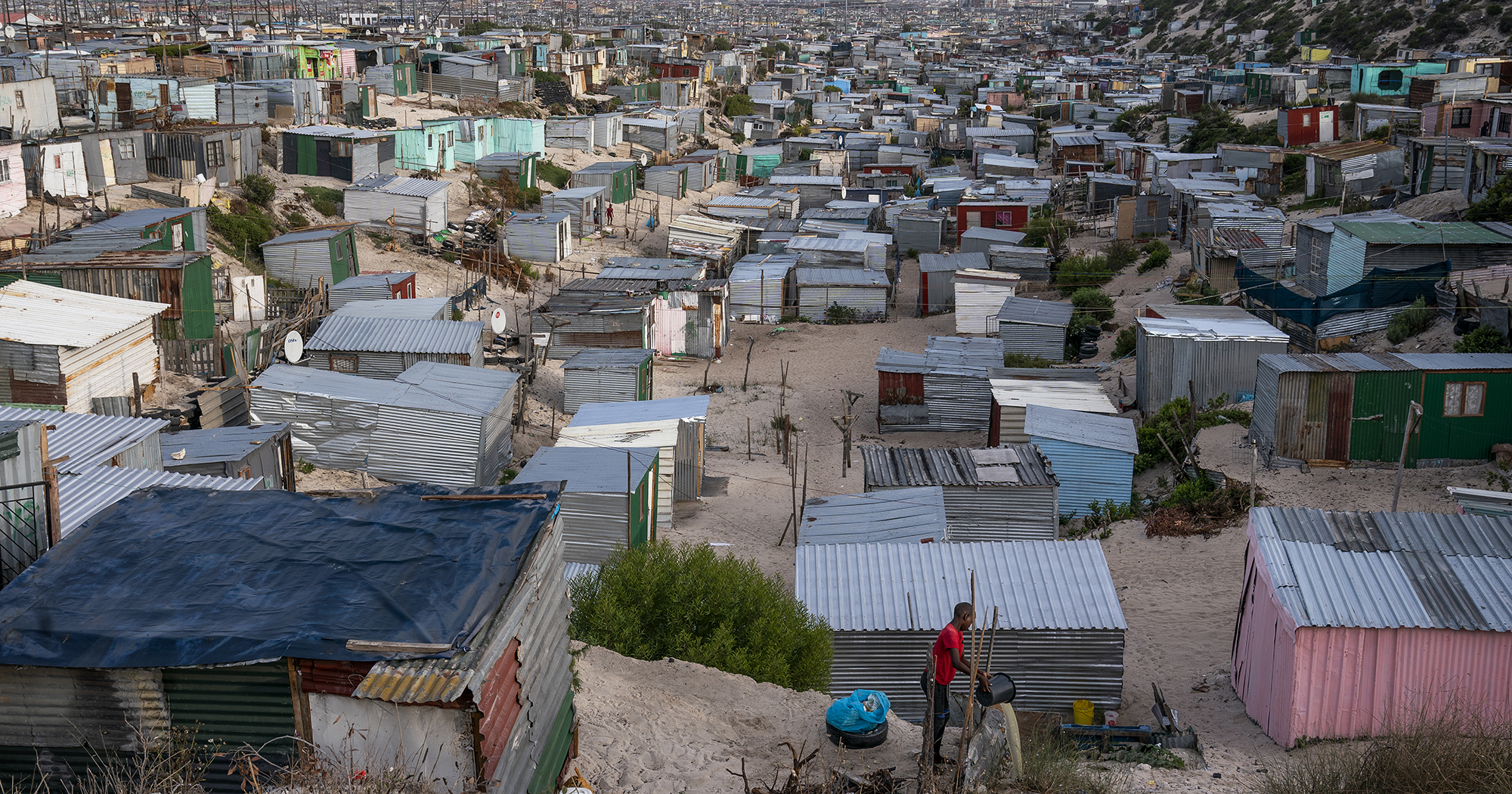Municipalities across the Western Cape are grappling with significant housing backlogs and a slow rate of allocating beneficiaries to subsidised human settlement projects. Some are still trying to place applicants from the late 1990s or early 2000s.
At a stakeholder engagement session hosted by the South African Human Rights Commission’s Western Cape Provincial Office on Tuesday and Wednesday, representatives of municipalities discussed the challenges that were hindering the process of realising the right to adequate housing in their regions.
Faarieg Rhoda, senior manager of human settlements in the Drakenstein Municipality, noted that the region was facing an active housing demand of almost 22,000 people, with the ability to provide an average of 300 to 500 opportunities for housing per year.
“If you look at the current rate, it will take approximately 40 to 50 years to just do the backlog. That’s not taking growth into consideration. Current opportunities, at this stage, we allocate to people that applied in 1999, so you can imagine it’s about 25 years (of backlog),” he told the commission.
The Drakenstein Municipality is not alone in the challenges it faces.
City of Cape Town human settlements representative Cassandra Gabriel reported that the metro had developed 52,667 housing opportunities over the past 13 years, across projects such as Breaking New Ground houses (for those with a household income of between zero and R3,500 per month), affordable housing and rental housing.
“We still have what we call our unmet demand or our housing backlog... Just to indicate growth from a year, there was a more than 25,000 increase in one year in persons coming forward to express their housing need,” said Gabriel.
“In September 2024, (the housing backlog) stood at more than 400,000 applicants on the database.”
George Municipality reported that it had 20,507 potential beneficiaries on the Western Cape Housing Demand Database, and that it was allocating opportunities to people who applied in 2004. In Witzenberg Municipality, there have been 844 housing opportunities provided in the past 10 years, for a waiting list of about 8,000 people.
Other Western Cape municipalities that presented reports included Swartland, Heesequa, Matzikama, Saldanha Bay, Breede Valley, Stellenbosch, Agulhas and Langeberg.
Common challenges
Municipalities are responsible for assisting constituents with registration on the Western Cape Housing Demand Database, and allocating beneficiaries to housing projects based on selection policies modelled on the provincial framework.
Selected applicants then need to complete a housing subsidy application and be approved by the provincial Department of Infrastructure. Those whose housing subsidy application is declined have an opportunity to appeal against the decision.
Some common challenges in clearing the housing backlog, identified across municipalities, were:
- The scarcity of land for housing developments.
- Land invasions.
- Lack of funding and budget cuts.
- Poor understanding of the housing allocation system among potential beneficiaries.
- Incomplete or outdated information of potential beneficiaries on the housing list.
- Political interference in the process for housing allocation.
- Fraudulent entries or manipulation of the system.
- Poor communication among key stakeholders involved in the provision of housing.
A number of municipalities stated that demand outstripped supply for housing in their regions.
In the City of Cape Town, a key challenge was security problems due to extortion threats, intimidation and unlawful site invasion. This resulted in increased security costs that affected project budgets, according to Gabriel.
Most municipalities indicated that they prioritised potential housing beneficiaries on a “first in, first assisted” basis, with quotas within individual housing projects for individuals with special needs, such as those living with disabilities or the elderly.
Turning the tide
The City of Cape Town indicated a need to depart from traditional strategies for providing housing in order to tackle the growing backlog in the metro.
Gabriel noted that the City was working to expand its role as an “enabler” in the human settlements sector, through methods such as packaging and releasing City land to the private sector under the condition it provided affordable housing; and as a “regulator”, by pursuing reforms to regulations that would stimulate development.
The City had initiated “call to update” campaigns to ensure the details of potential beneficiaries on the housing list were accurate, according to Jody Maart, a senior IT business analyst at the municipality.
Other strategies for improved housing provision suggested by the municipalities at the stakeholder meeting were:
- Renewed focus on consumer education and awareness campaigns for the community.
- Training and capacity-building for officials in the housing sector.
- Public-private partnerships.
- Adequate funding from the provincial and national government.
- Community representation on housing project steering committees.
Mpumezo Ntshokoma, the representative from George Municipality, said the municipality was planning a “housing imbizo” in 2025, with representation from relevant stakeholders such as the Western Cape government, the Department of Social Services and the Department of Human Settlements.
The human rights commissioner responsible for human settlements, migration and climate justice in the Western Cape, Aseza Gungubele, said that the two-day stakeholder engagement session had allowed municipalities to share ideas, collaborate and learn from each other.
“The commission’s interest is to resolve the issues facing the people, to serve the people,” he said. “We will hold you accountable, but you must also hold us accountable for what we’re supposed to do.”
Gungubele said that a “consolidated report” on the session would be compiled and shared with the municipalities. DM





